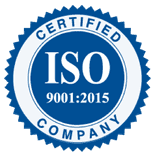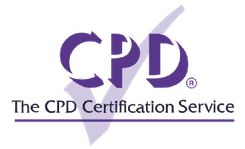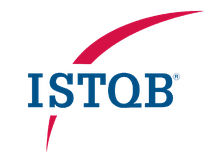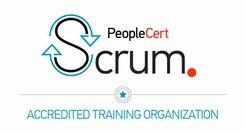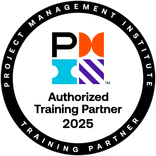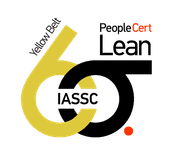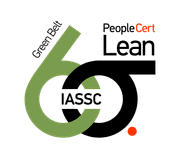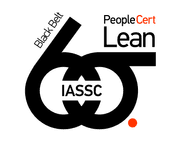ISO 22301 Foundation Training
Accredited by

The ISO 22301 Foundation training is designed to provide participants with a solid understanding of the core concepts and principles of a business continuity management system (BCMS) based on ISO 22301. This course enables individuals to grasp the structure and requirements of the standard, including key aspects such as the BCMS Policy, Top Management Commitment, Internal Audit, Management Review, and Continual Improvement Processes. Upon completion of the training, participants are eligible to take the exam and, upon successful completion, can apply for the prestigious PECB Certificate Holder in ISO 22301 Foundation credential. This certification signifies that individuals possess knowledge of fundamental concepts, methodologies, requirements, frameworks, and management approaches used in business continuity. The learning objectives of this course include recognizing the correlation between ISO 22301 and other standards and regulatory frameworks, comprehending the components and operations of a BCMS based on ISO 22301 and its principal processes, and understanding the concepts, approaches, methods, and techniques for implementing and managing a BCMS. Overall, the ISO 22301 Foundation training equips participants with the necessary skills and knowledge to effectively contribute to the development and maintenance of a robust business continuity management system.

